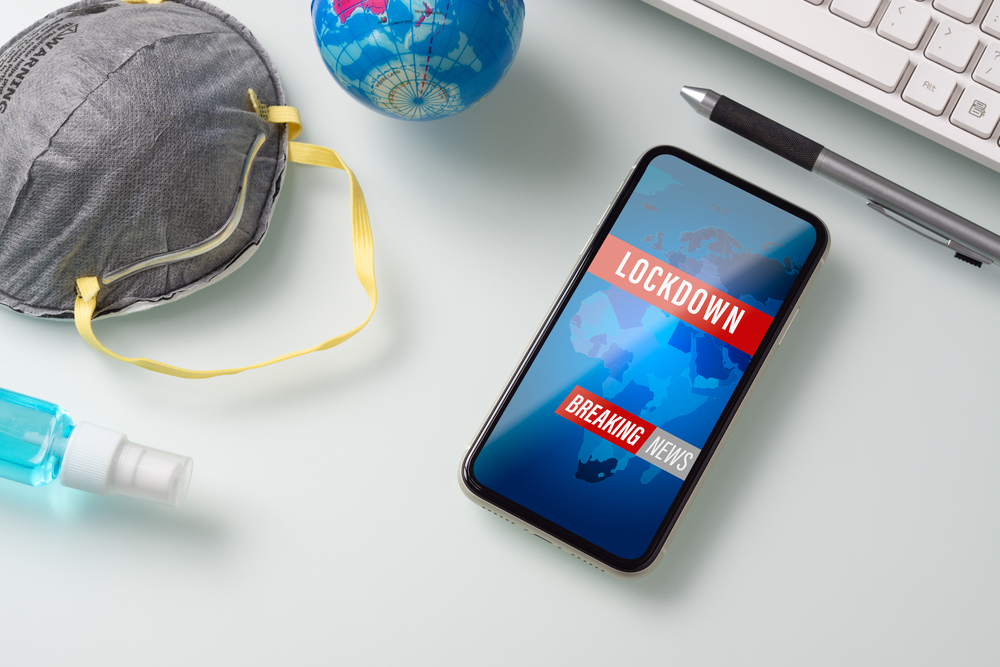How Will Your Business Recover After COVID-19?
Posted: 29th June 2020 10:55
We all now live in an unfamiliar world, one that we could not have imagined a few months ago. So, if the pandemic has hit your business hard, it’s perfectly understandable if you’ve become pessimistic about a business recovery. But if this is how you feel, now is the time to recall the fighting words of John D. Rockefeller: “I always tried to turn every disaster into an opportunity.” Outsource Complex Business Processes
COVID-19 may have affected your business if your company relied on supply chains. Since the pandemic disrupted many supply chains, you might wonder how to put the intricate pieces of your supply chain management back together again.
Since this can be a time-consuming task because supply chain management is always intricate, it might be better to outsource this herculean task to a logistics consulting firm. They will help you figure out how to fix the broken links in your supply chain.
By outsourcing your logistics strategy, you will save the time and energy necessary to restore other disrupted parts of your business to rebuild a high service level. It’s especially helpful to outsource your logistical work if you feel rather like a beleaguered firefighter who has to put out too many conflagrations.
Rethink Your Investments
You may need to rethink your personal and business investments because of the COVID-19 pandemic.
Rather than panic, which is easier said than done in a time of uncertainty, think about the long-term consequences of your investments. What appeared to be excellent investments before the pandemic might not appear that way anymore, and what you may have dismissed as risky investment ideas may now look promising.
Reconnect with Loyal Customers
While this is probably not the best time to push sales because many of your customers may have lost their primary source of income, it’s still important to stay in touch.
Rather than focusing on sales, think about improving your brand personality. Here’s an analogy from the world of chess: when a player can’t figure out how to make a good move, he will make a positional move, a move that will put his powerful pieces in a good position to attack the opponent or defend his position after the configuration of the game shifts.
Here are three ways to support your customers:
- Write high-value emails rather than push for a click-through—unless, of course, you want to direct your customers to some long-form content on a website.
- Publish valuable blog posts that offer your customer hope in these troubled times of doubt and uncertainty.
- Do a webinar or a podcast to support your customers. Or publish educational content. Or make tutorials. Your content should aspire to equip customers with viable solutions to some of their most pressing problems.
By keeping your brand visible rather than fading into the sunrise, your customers will prefer to buy from you rather than your competitors when the economy recovers.
Prepare for an Economic Recovery
Although it’s hard to figure out how we will return to normal life, a time will come when society will be fully functional again. People will shop again. Markets will recover. Countries will lift international travel bans.
You can prepare for that time by developing a more robust digital platform. Although you may already have an excellent digital presence, there is always something that you can upgrade. You could, for example, build better-converting landing pages, improve your website’s usability, hire a copywriter to enhance your messaging, or work with a social media consultant to expand your influence.
Find solutions that fit your industry. Be prepared to meet a changing global economy that will gravitate toward digital-based consumer marketing.
All things considered, we are all confronted with a tangle of unknown variables. Many disrupted industries and business models will have to reinvent themselves. Your best option right now for a business recovery is to focus on long-term plans.




Comments